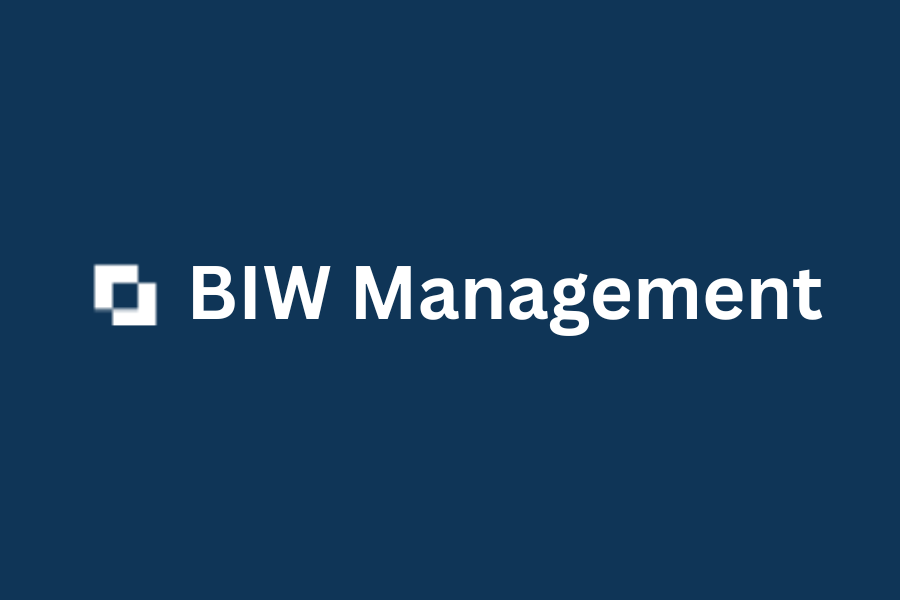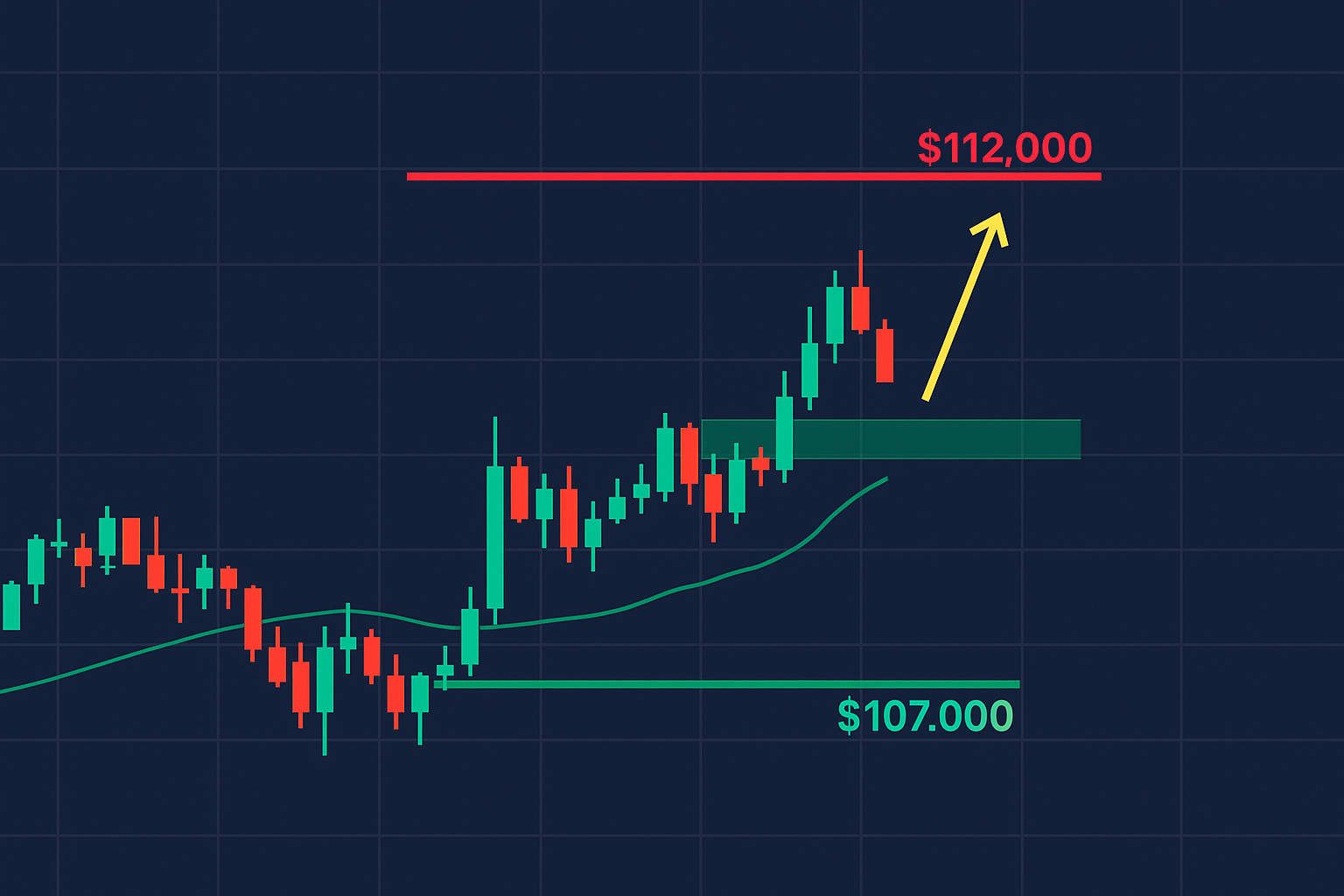Introduction
The UK government is poised to revolutionize its financial systems by trialing blockchain-based gilts within the next two years. This bold move is part of a broader strategy to enhance transparency, efficiency, and trust in the financial markets. Blockchain technology, renowned for its decentralized and tamper-proof features, promises to address longstanding inefficiencies in the traditional gilt issuance and trading process. This article delves into the implications of this innovative step, its potential benefits, and challenges for stakeholders.
Understanding Blockchain And Gilts
Gilts, traditionally government bonds, have long been a cornerstone of the UK’s financial markets. They allow the government to raise funds from investors for public projects and expenditures. However, the process often involves layers of intermediaries and paperwork, making it time-consuming and costly.
Blockchain technology, a distributed ledger system, offers a digital alternative. By utilizing blockchain, transactions can be recorded and verified in real-time without the need for central authorities, significantly enhancing transparency and reducing fraud risks.
Why Blockchain-Based Gilts?
The decision to trial blockchain-based gilts stems from the UK government’s commitment to staying at the forefront of technological advancements. Key motivations include:
Enhanced Transparency: Blockchain enables all participants to access a single source of truth. Every transaction is visible and immutable, reducing the risk of discrepancies.
Cost and Time Efficiency: The traditional process of issuing gilts involves significant administrative costs and delays. Blockchain can automate these processes using smart contracts, cutting down costs and saving time.
Boosting Investor Confidence: With blockchain, investors have real-time access to data, fostering trust in the system and encouraging more participation.
Alignment with Global Trends: Several countries are exploring blockchain for financial instruments. By adopting this technology, the UK maintains its competitive edge in global markets.
Planned Rollout Of Blockchain-Based Gilts
The trial is expected to commence in phases, focusing initially on small-scale implementation before a wider rollout. Key stages include:
Phase 1: Pilot Testing
A controlled environment will simulate gilt issuance and trading. This will help identify any technical or operational issues before live deployment.
Phase 2: Regulatory Alignment
Collaboration with regulatory bodies like the Financial Conduct Authority (FCA) will ensure compliance with existing laws and frameworks.
Phase 3: Full Implementation
Based on pilot results, the system will be scaled to encompass larger transactions and broader market participation.
Benefits To The Economy
The trial of blockchain-based gilts is expected to yield several economic benefits:
Attracting Global Investors: A transparent and efficient system will appeal to international investors, increasing the UK’s market liquidity.
Strengthening the Digital Economy: The initiative aligns with the UK’s broader strategy to become a global hub for fintech innovation.
Cost Savings for Taxpayers: By reducing operational inefficiencies, the government can save costs, indirectly benefiting taxpayers.
Enhanced Security: Blockchain’s tamper-proof nature minimizes risks of fraud and cyber-attacks, ensuring secure financial transactions.
Challenges And Considerations
While the benefits are promising, the transition to blockchain-based gilts is not without challenges:
Technological Barriers: Implementing blockchain on a national scale requires significant infrastructure investment and technical expertise.
Regulatory Hurdles: Current financial regulations may need to be updated to accommodate blockchain transactions.
Market Acceptance: Educating investors and stakeholders about the benefits and functionality of blockchain-based gilts is crucial for widespread adoption.
Cybersecurity Risks: While blockchain is secure, associated technologies like digital wallets need robust protection against potential breaches.
Global Context: The UK is not the only country exploring blockchain for financial markets. Nations like China and the UAE are already piloting blockchain for similar applications. The UK’s initiative positions it among the global leaders in adopting cutting-edge technologies for public finance.
What This Means For Stakeholders
For the Government: Enhanced efficiency and transparency will likely improve fiscal management and public trust in government operations.
For Investors: Investors can expect a more streamlined and secure system for trading gilts, improving their overall experience.
For Financial Institutions: Banks and other institutions will need to adapt their systems to integrate with blockchain technology, potentially leading to new services and revenue streams.
The Road Ahead
The success of the blockchain-based gilt trial will depend on collaboration among policymakers, technologists, and market participants. By addressing potential challenges head-on and learning from global peers, the UK stands a strong chance of setting a benchmark for other nations.
Conclusion
The UK’s decision to trial blockchain-based gilts reflects its commitment to innovation and financial modernization. This initiative could pave the way for a new era of transparency, efficiency, and global competitiveness in public finance. As the trial progresses, it will be crucial to monitor its outcomes and adapt strategies to maximize benefits for all stakeholders.



















